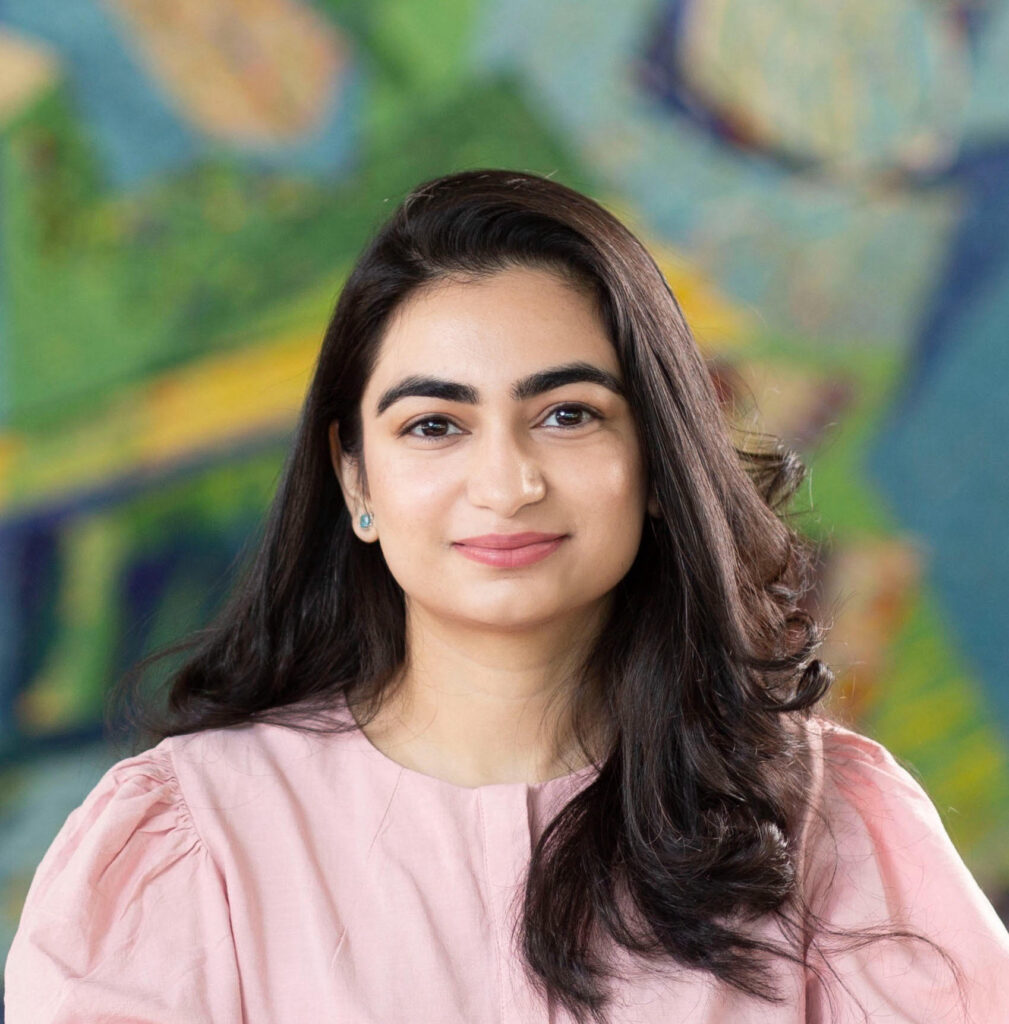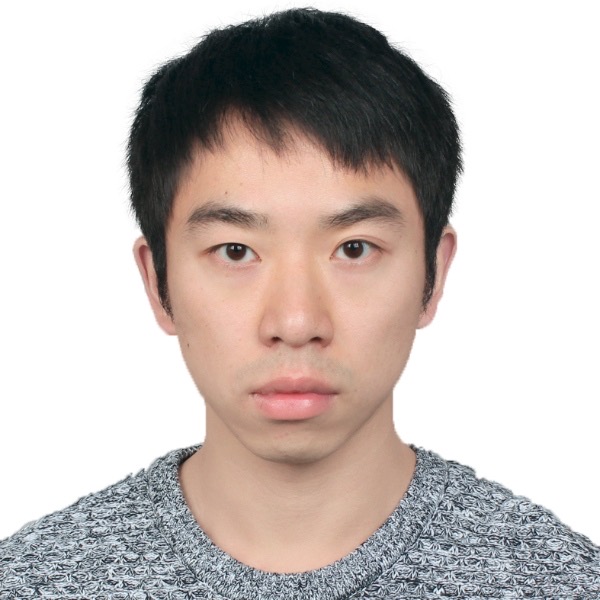IEEE PELS Ph.D. Thesis Talk (P3 Talk)
About the Award
The IEEE PELS Ph.D. Thesis Talk (P3 Talk) competition showcases Ph.D. projects to both the academia and industry areas of the power electronics community. The topic of the Ph.D. thesis should be one of the focus areas of PELS. Potential topics include, but are not limited to:
- Big data and machine learning applications in energy conversion
- Electrical energy storage
- Electromagnetic interference (EMI) and electromagnetic compatibility (EMC)
- Energy conversion for Information Technology and communication systems, cyber security
- Energy efficiency for residential, commercial, and industrial applications
- Energy harvesting
- High power/voltage power conversion
- High voltage isolation and lightning strike protection
- Lighting applications and displays
- Modeling and control of components, converters, and systems
- Passive components and materials
- Power conversion topologies, modulation, and control
- Power electronic devices (Si, wide bandgap, and/or ultra-wide bandgap) and applications
- Power electronic packaging, integration, and advanced manufacturing
- Reliability, diagnostics, prognostics, and health management
- Renewable and alternative energy
- Rotating/linear electro-mechanical devices and drive systems
- Smart grids, micro-grids, and utility applications
- Thermal management, advanced cooling technologies
- Transportation electrification
- Wireless power transfer (WPT)
Award Prize:
Up to 5 presenters are selected each year. Each winner receives the following:
- A certificate
- An honorarium of 1,000 USD
- Presentation published on the Society’s website
- Reimbursement of up to USD 1,000 toward the recipient’s necessary conference registration, travel, and accommodation costs incurred to attend the Awards Ceremony.
Submitting a Nominee
Click the button below to view the P3 Talk 2024 Guidelines:
The portal to submit an application is closed.
Award Details
Recognizing Outstanding Achievements

2024 Honorees (in no particular order):
Ahmed Hembel
University of Wisconsin – Madison, USA
3D-Printed Heat Exchangers with PCB and Flat Wire Windings for Radial Flux Machines

Ping Wang
Princeton University, USA
Granular Power Conversion with Distributed Switching Cells and Magnetics Integration

Marium Rasheed

Bo Yao
Aalborg University, Denmark

Oluleke Babayomi
Shandong University, China
Eligibility Requirements & Criteria
Eligibility: All Ph.D. graduates across the world who are PELS members and have defended their thesis and received their Ph.D. or doctoral certificate or proof of a final thesis defense after 31 March of the year preceding the award are eligible. There are no other restrictions to affiliation, age, gender, IEEE member grade, or nationality. Previous participants are NOT eligible.
As a prerequisite for eligibility, applicants with the submission of a video express their consent that the video may be published by PELS and assure that it does not contain copyrighted or confidential material.
Criteria: The topic of the Ph.D. thesis should be in one of the focus areas of the Society. Video submissions are judged on the following:
- Achieved outcomes
- Clear research objectives, problems, and hypothesis
- Rich in engineering judgment and insight
- Design methodology
- Methods are technically and mathematically accurate
- Well supported with analysis and experimental evidence
- Problem definition
- Contribution to the field
- Value for practicing engineers or researchers
- Quality of video and presentation
- Effective use of visual aids
- Present material in a well-organized way
- Present within 180 seconds or less, the applicant personally appears in the video, and proper use of English
- Video and audio quality
Past Recipients
Questions?
Please send any questions to the PELS Awards Committee.




